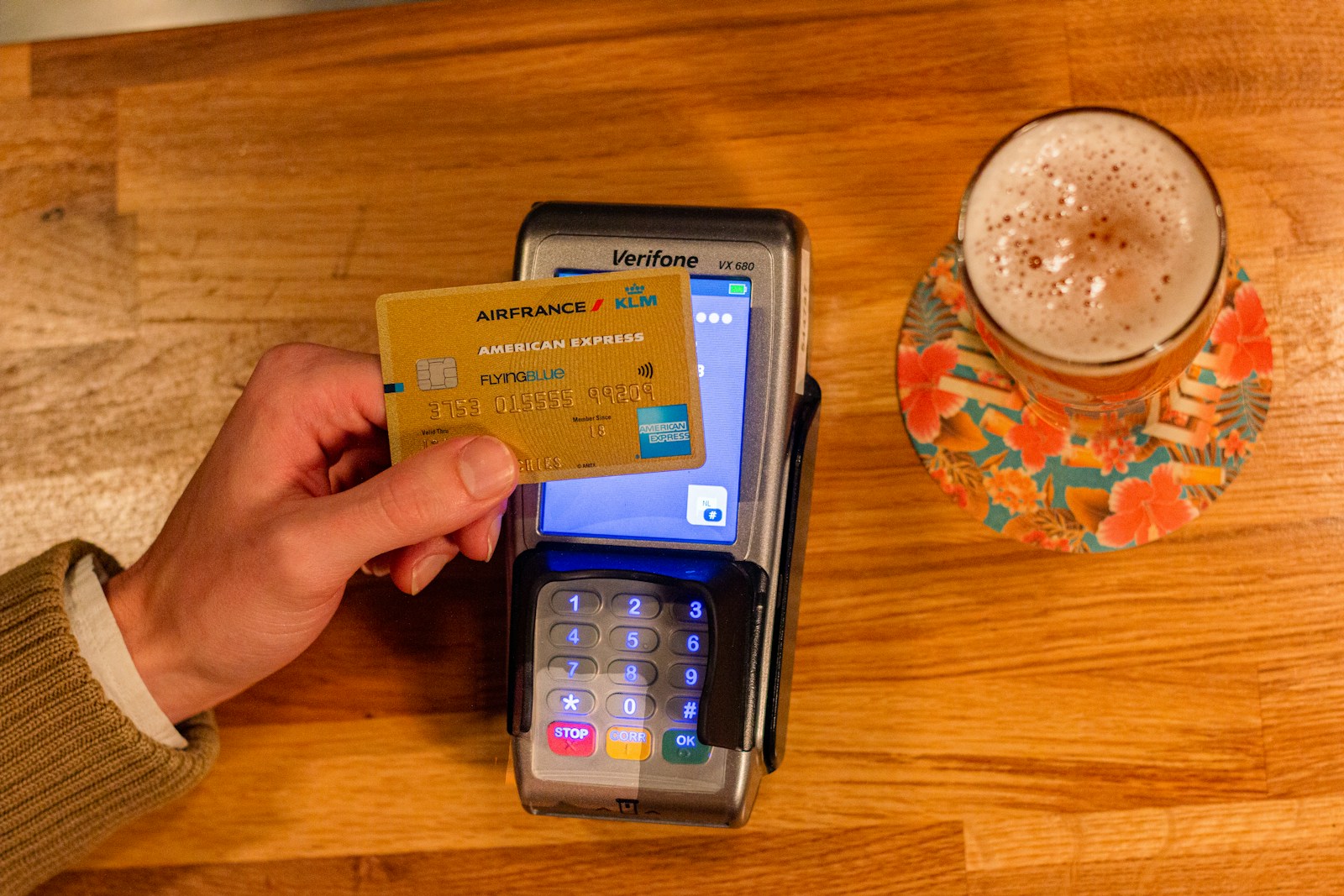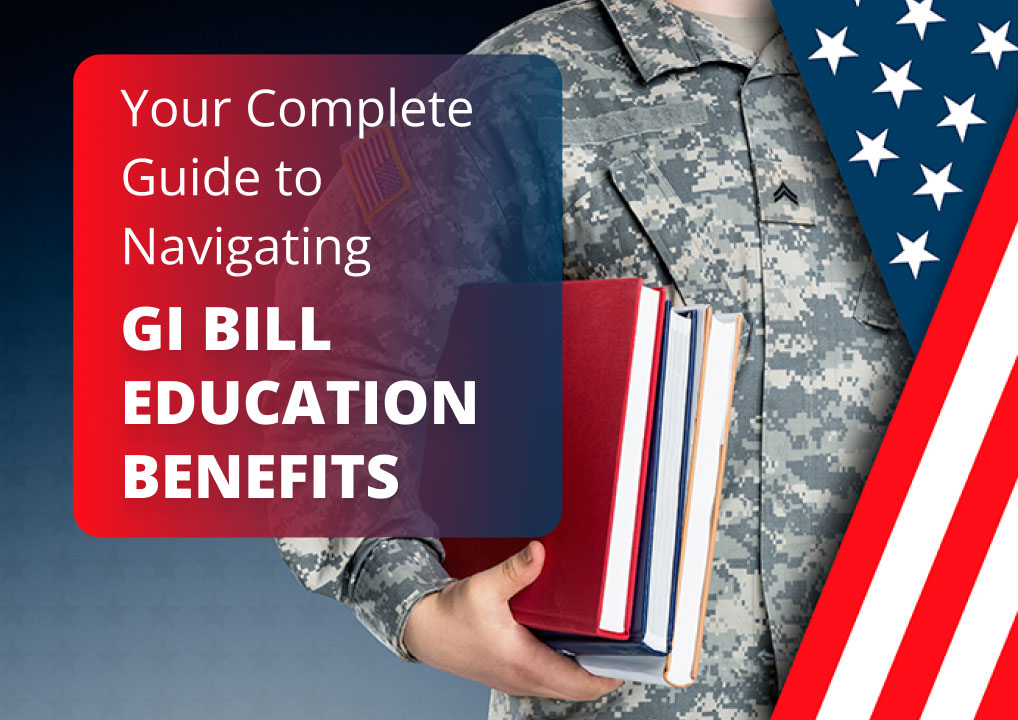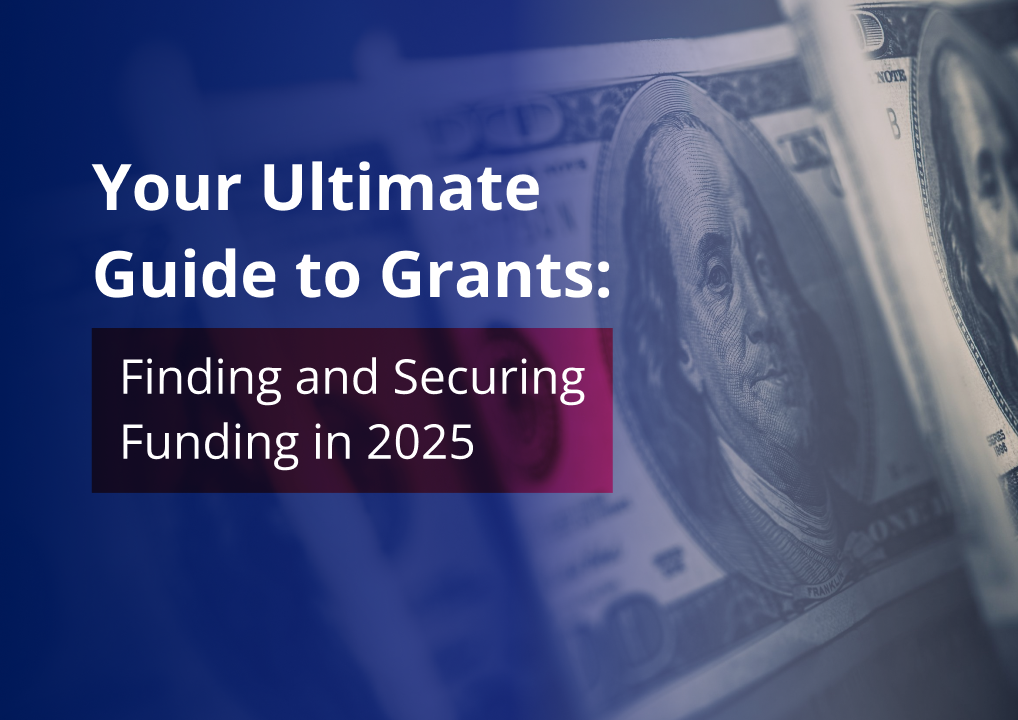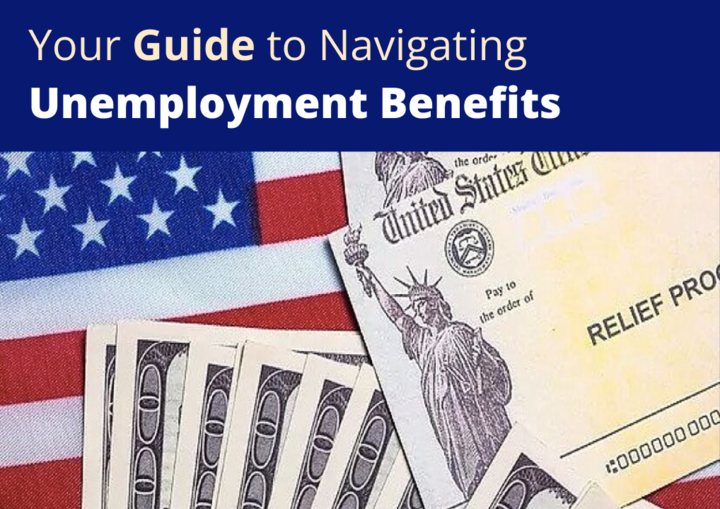Credit card fees and penalties can significantly impact your financial health if not properly understood. These charges can come in various forms, including annual fees, late payment fees, foreign transaction fees, and cash advance fees. Annual fees are typically charged by credit card issuers for the privilege of using their card, and they can range from a nominal amount to several hundred dollars, depending on the card’s benefits and rewards.
For instance, premium cards that offer extensive travel perks or cash back may justify their high annual fees through the value they provide. However, it is essential to evaluate whether the benefits align with your spending habits before committing to a card with a hefty fee. Late payment fees are another common penalty that can quickly add up if you miss a due date.
Most credit card companies impose a fee for late payments, which can be as high as $40 or more. Additionally, a late payment can negatively affect your credit score, making it more challenging to secure favorable loan terms in the future. Understanding these fees is crucial; for example, if you frequently travel abroad, being aware of foreign transaction fees—often around 3% of each purchase—can help you choose a card that minimizes these costs.
By familiarizing yourself with the various fees associated with credit cards, you can make informed decisions that protect your financial well-being.
Key Takeaways
- Understanding credit card fees and penalties is crucial for managing your finances effectively and avoiding unnecessary charges.
- When choosing the right credit card, consider factors such as interest rates, annual fees, rewards programs, and credit limits to find the best fit for your financial needs.
- Making timely payments is essential for maintaining a good credit score and avoiding late fees and interest charges.
- Keeping track of your spending by regularly reviewing your credit card statements can help you stay within your budget and identify any unauthorized transactions.
- Avoiding cash advances can save you from high fees and interest rates, as well as potential damage to your credit score.
- Be mindful of balance transfer fees when considering transferring balances between credit cards, as these fees can add up and negate any potential savings.
- Monitoring your credit card statements for any unusual activity or unauthorized charges is important for protecting yourself from fraud and identity theft.
- Communicating with your credit card company about any financial difficulties or changes in your circumstances can help you avoid penalties and work out a manageable payment plan.
Choosing the Right Credit Card
Selecting the right credit card is a pivotal step in managing your finances effectively. With a plethora of options available, it is essential to consider your spending habits and financial goals. For instance, if you travel frequently, a travel rewards card that offers points or miles for every dollar spent can be advantageous.
These cards often come with additional perks such as no foreign transaction fees and complimentary travel insurance.
On the other hand, if you prefer cash back on everyday purchases, a cash back credit card may be more suitable. These cards typically offer a percentage of your spending back as cash rewards, which can be particularly beneficial for those who want to maximize their everyday expenses.
Moreover, it is crucial to assess the interest rates associated with different credit cards. The Annual Percentage Rate (APR) can vary significantly between cards, and understanding this can help you avoid costly interest charges if you carry a balance. Some cards offer introductory 0% APR periods for balance transfers or purchases, which can provide temporary relief from interest payments.
However, it is vital to read the fine print and understand what happens once the introductory period ends. By carefully evaluating your options and aligning them with your financial habits, you can choose a credit card that not only meets your needs but also enhances your overall financial strategy.
Making Timely Payments
Timely payments are one of the most critical aspects of responsible credit card management. Paying your bill on or before the due date not only helps you avoid late fees but also protects your credit score from potential damage. Credit scoring models typically consider payment history as one of the most significant factors in determining your score; thus, consistently making on-time payments can lead to a higher credit score over time.
This improved score can open doors to better loan terms and lower interest rates on future borrowing. To ensure timely payments, consider setting up automatic payments through your bank or credit card issuer. This feature allows you to schedule payments for at least the minimum amount due each month, reducing the risk of forgetting a payment altogether.
Additionally, you can set reminders on your phone or calendar to alert you a few days before the due date. By adopting these practices, you create a system that promotes financial discipline and helps maintain a positive credit history.
Keeping Track of Your Spending
Monitoring your spending is essential for effective credit card management and overall financial health. Many people fall into the trap of overspending when using credit cards because they may not feel the immediate impact of their purchases. To combat this tendency, it is advisable to regularly review your transactions and categorize your spending.
Most credit card issuers provide online tools or mobile apps that allow you to track your expenses in real-time, making it easier to identify patterns and adjust your budget accordingly. Creating a budget that aligns with your income and expenses can also help you manage your credit card usage more effectively. By allocating specific amounts for different categories—such as groceries, entertainment, and transportation—you can ensure that you do not exceed your limits or accumulate debt that becomes unmanageable.
Additionally, reviewing your spending habits periodically allows you to make informed decisions about future purchases and helps you stay within your financial means.
Avoiding Cash Advances
Cash advances may seem like a convenient option in times of need, but they often come with high costs that can lead to financial strain. When you use your credit card to withdraw cash from an ATM or bank, you typically incur a cash advance fee, which can be around 3% to 5% of the amount withdrawn. Furthermore, interest on cash advances usually begins accruing immediately at a higher APR than regular purchases, meaning that any outstanding balance can become costly very quickly.
To avoid falling into the cash advance trap, consider alternative options for accessing funds in emergencies. Building an emergency savings fund can provide a financial cushion for unexpected expenses without resorting to high-interest debt. Additionally, exploring personal loans or borrowing from friends or family may offer more favorable terms than a cash advance on your credit card.
By being mindful of these alternatives and understanding the implications of cash advances, you can make more informed financial decisions.
Being Mindful of Balance Transfer Fees
Balance transfers can be an effective strategy for managing credit card debt, but they often come with associated fees that can diminish their benefits. When transferring a balance from one credit card to another—typically to take advantage of lower interest rates—credit card companies may charge a balance transfer fee ranging from 3% to 5% of the amount transferred. This fee can add up quickly and should be factored into your calculations when considering whether a balance transfer is worthwhile.
Before initiating a balance transfer, it is essential to evaluate the terms of the new card carefully.
Look for promotional offers that provide an introductory 0% APR for balance transfers; however, be aware of how long this promotional period lasts and what the APR will revert to afterward. Additionally, ensure that you have a plan in place to pay off the transferred balance before the promotional period ends to avoid incurring high-interest charges later on.
By being mindful of balance transfer fees and understanding their implications, you can make strategic decisions that enhance your financial situation.
Monitoring Your Credit Card Statements
Regularly monitoring your credit card statements is crucial for maintaining financial health and preventing fraud. Reviewing your statements allows you to verify that all transactions are accurate and that no unauthorized charges have been made on your account. In today’s digital age, where identity theft is increasingly common, being vigilant about monitoring your statements can help you catch discrepancies early and take action before they escalate into more significant issues.
In addition to checking for fraudulent activity, reviewing your statements provides insight into your spending patterns and helps you stay within budget. Many credit card issuers offer detailed breakdowns of spending by category, which can be invaluable for identifying areas where you may be overspending or where adjustments are needed in your budget. By making it a habit to review your statements each month—whether through online banking or paper statements—you empower yourself with knowledge about your finances and enhance your ability to make informed decisions.
Communicating with Your Credit Card Company
Effective communication with your credit card company is an often-overlooked aspect of managing credit responsibly. If you encounter difficulties making payments or have questions about fees or transactions, reaching out to customer service can provide clarity and potential solutions. Many credit card issuers have dedicated teams trained to assist customers with various issues, from disputing charges to negotiating payment plans during financial hardship.
Moreover, if you are considering applying for a new credit card or seeking better terms on an existing account—such as a lower interest rate—don’t hesitate to contact your issuer directly. Many companies are willing to negotiate terms for loyal customers who demonstrate responsible usage patterns. Building a rapport with customer service representatives can also lead to better support in times of need.
By fostering open lines of communication with your credit card company, you position yourself to navigate challenges more effectively and take advantage of opportunities that may arise in managing your credit effectively.
FAQs
What are common credit card fees and penalties to avoid?
Common credit card fees and penalties to avoid include annual fees, late payment fees, over-limit fees, cash advance fees, and balance transfer fees.
How can I avoid annual fees on my credit card?
To avoid annual fees on your credit card, you can choose a credit card that does not have an annual fee or negotiate with your credit card issuer to waive the fee.
What are some tips for avoiding late payment fees on my credit card?
To avoid late payment fees on your credit card, you can set up automatic payments, set up payment reminders, or enroll in electronic statements to ensure you never miss a payment.
How can I avoid over-limit fees on my credit card?
To avoid over-limit fees on your credit card, you can opt out of over-limit protection, monitor your credit card balance regularly, and consider setting up balance alerts.
What are some strategies for avoiding cash advance fees on my credit card?
To avoid cash advance fees on your credit card, you can use alternative sources of funds, such as a debit card or personal loan, and avoid using your credit card for cash advances.
How can I avoid balance transfer fees on my credit card?
To avoid balance transfer fees on your credit card, you can look for credit cards that offer promotional balance transfer offers with no fees, or negotiate with your credit card issuer to waive the fee.







